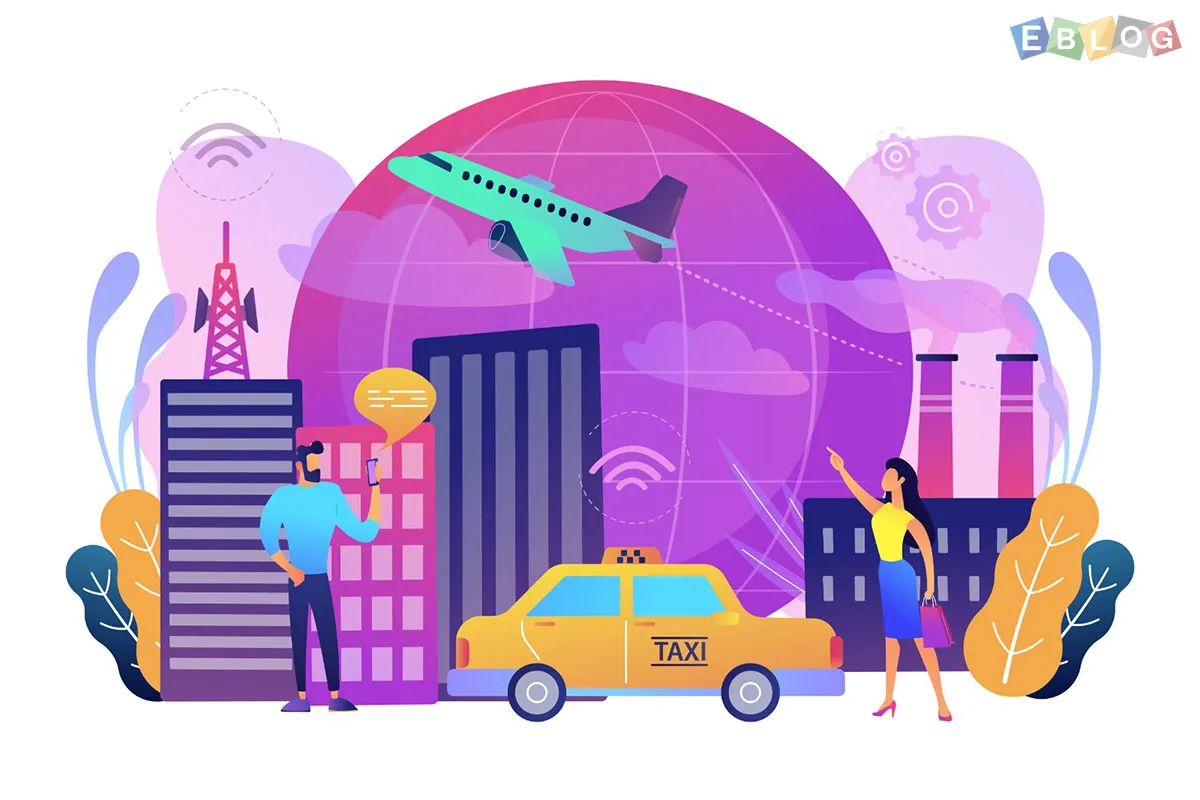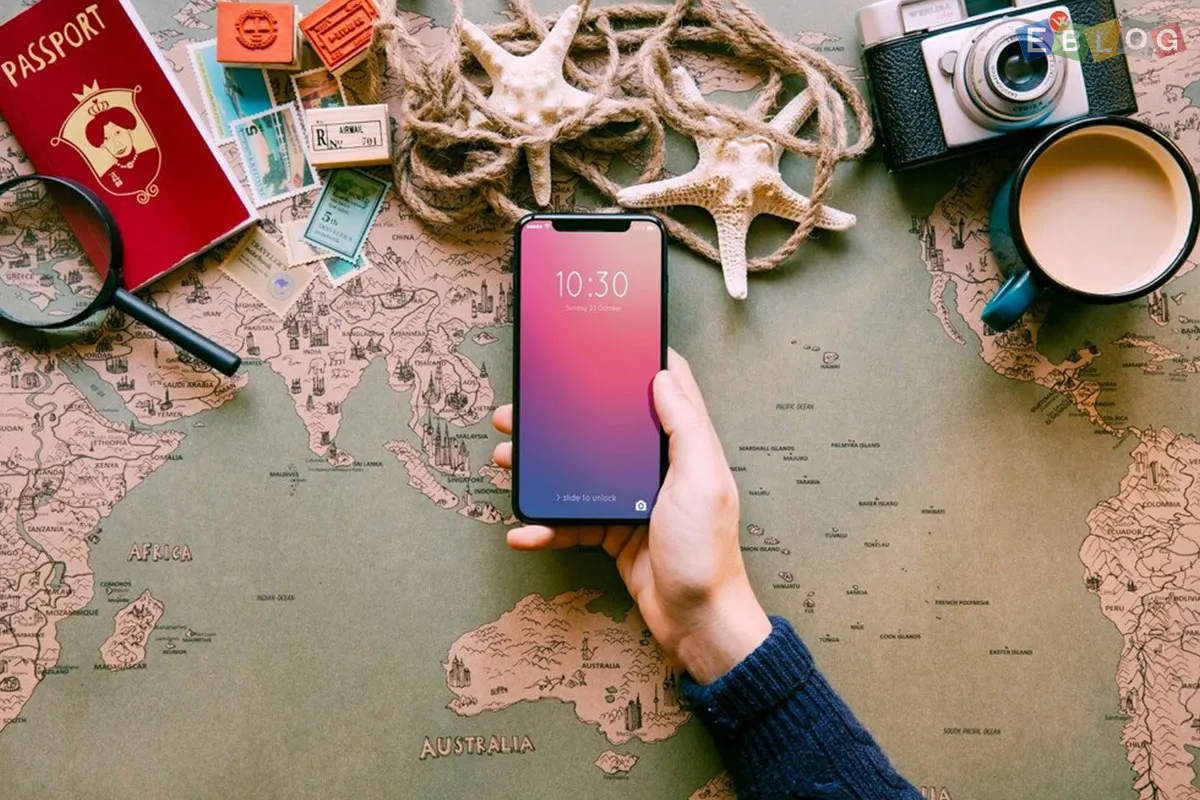
The Impact of AI and Technology on Modern Travel
In recent years, artificial intelligence (AI) and technology have completely transformed the way we plan, experience, and remember our travels. From personalized itineraries to contactless check-ins, technology is no longer just a convenience — it’s an integral part of the modern travel ecosystem.
1. Smarter Trip Planning with AI
Gone are the days of spending hours researching flights, hotels, and activities. Today, AI-powered travel assistants like ChatGPT, Google Gemini, and TripIt can craft personalized travel itineraries in seconds. These systems analyze user preferences, budgets, and travel histories to suggest destinations, accommodations, and activities tailored to individual tastes.
Platforms such as Expedia and Booking.com use AI to predict price trends, helping travelers choose the best time to book flights and hotels. This not only saves money but also ensures a smoother planning experience.
2. Enhanced Airport and Airline Experiences
Airports and airlines are leveraging technology to streamline the travel process. Facial recognition, biometric boarding passes, and automated baggage handling are speeding up check-ins and security checks. Airlines like Delta and Emirates are already using AI-driven systems to optimize flight operations, predict maintenance needs, and improve fuel efficiency — reducing both delays and emissions.
3. Personalized Hospitality and Smart Hotels
Modern hotels are embracing AI to elevate guest experiences. Smart rooms allow guests to control lighting, temperature, and entertainment using voice commands or mobile apps. AI chatbots handle room service requests, answer questions, and provide instant recommendations for local attractions.
For example, Marriott International uses AI to personalize guest experiences — from preferred room types to curated dining options — ensuring a “home away from home” feeling.
4. Seamless Transportation and Navigation
Technology has made getting around more efficient and stress-free. Ride-sharing apps, AI-driven navigation, and real-time translation tools have made it easier to explore new places confidently. Autonomous vehicles and smart public transport systems are also emerging, promising safer and more sustainable urban travel in the near future.
Moreover, augmented reality (AR) navigation apps are helping tourists explore cities interactively, overlaying digital information on real-world landmarks for an immersive experience.
5. Sustainable and Smart Travel
AI is also helping travelers make more sustainable choices. Platforms now highlight eco-friendly accommodations, carbon footprint estimators, and green travel routes. Predictive analytics allows airlines and cruise lines to minimize waste and optimize fuel usage.
With technology guiding responsible travel, sustainability is becoming more accessible to everyone — not just eco-conscious travelers.
6. The Rise of Virtual and Augmented Travel
When the COVID-19 pandemic restricted global movement, virtual tourism gained momentum. Now, it’s evolving as a tool for exploration and planning. Using VR headsets, travelers can tour destinations, hotels, and attractions before booking. This “try-before-you-fly” approach ensures more informed decisions and reduces disappointment.
Conclusion
The impact of AI and technology on modern travel is profound — redefining how we discover, plan, and experience the world. As innovations continue to evolve, travel will become more personalized, sustainable, and seamless than ever before.
While technology enhances convenience and accessibility, the essence of travel — human connection, curiosity, and adventure — remains timeless. The future of travel lies in finding the perfect balance between AI efficiency and authentic exploration.






Leave a Reply